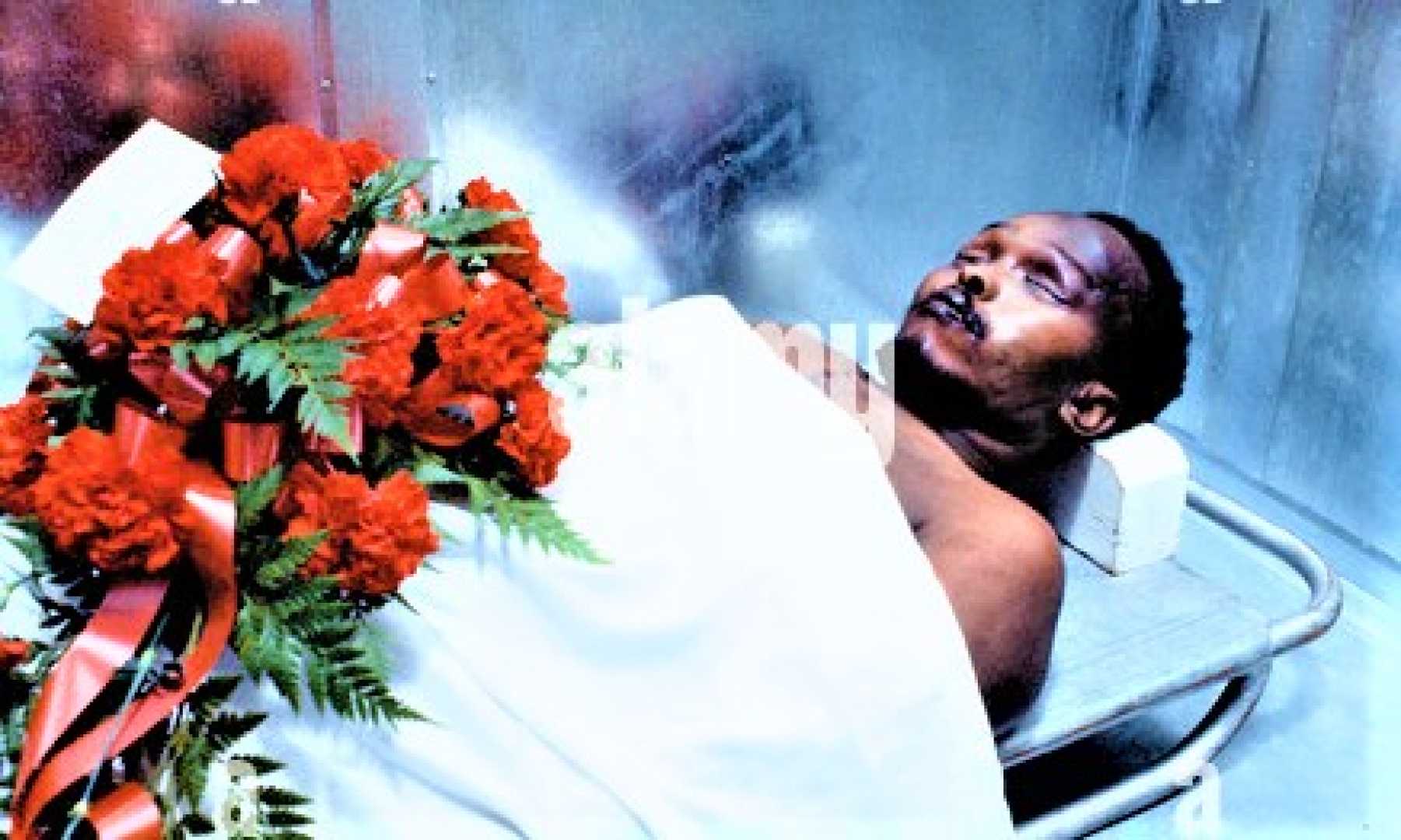Health
Reflecting on Steve Biko: The Legacy of Medical Ethics and Human Rights

On September 12, 2024, we commemorate the anniversary of the death of Steve Biko, a pivotal figure in the fight against apartheid in South Africa. Known for his intellectual contributions and activism, Biko’s legacy continues to resonate as we reflect on the history of scientific racism and its implications for medical ethics and human rights.
Steve Biko began his medical studies at the University of Natal in 1966, coinciding with the United Nations‘ declaration of apartheid as a crime against humanity. Biko emerged as a leading thinker and philosopher, advocating for the Black Consciousness Movement, which challenged colonial and racist ideologies.
Biko’s tragic death in 1977 while in police custody catalyzed public outcry and brought attention to the complicity of the medical profession in the injustices of apartheid. After experiencing violence at the hands of the security police, Biko was transported over 700 kilometers, suffering further injuries before his untimely death in a Pretoria hospital.
The actions of the two doctors who failed to treat Biko’s injuries spotlighted the ethical failures within the medical community. Despite the South African Medical and Dental Council’s responsibility to uphold standards of medical conduct, they were slow to hold these doctors accountable, which only deepened the public’s distrust in medical professionals.
The fallout from Biko’s death prompted medical professionals, including Prof Yosuf Veriava and others, to demand accountability and transparency within the medical community. Their efforts culminated in a Supreme Court ruling in 1985, which mandated a formal disciplinary hearing for the implicated doctors.
Throughout the late 20th century, there was an increasing awareness among medical educators at institutions like the University of Cape Town and the University of the Witwatersrand about the necessity of integrating medical ethics into the curriculum. This shift aimed to ensure that future medical practitioners were not only knowledgeable but also ethically grounded in their practice.
In 1997, the University of the Witwatersrand faculty of health sciences contributed to the Truth and Reconciliation Commission‘s inquiry into human rights violations under apartheid. This engagement marked a critical step in recognizing the university’s role in perpetuating systemic racism and the failure to adequately address ethical standards within medical education.
In recent years, the establishment of the Steve Biko Centre for Bioethics at the University of the Witwatersrand signifies ongoing efforts to prioritize ethics in medical practice. New policies and ethical review committees have been instituted to oversee medical collections and ensure that past injustices are acknowledged and rectified.
The legacy of Steve Biko and the historical impact of scientific racism demand that we commit to ongoing conversations about ethics, human rights, and the responsibilities of the medical community. This dialogue is essential for fostering a just and equitable society for future generations.












